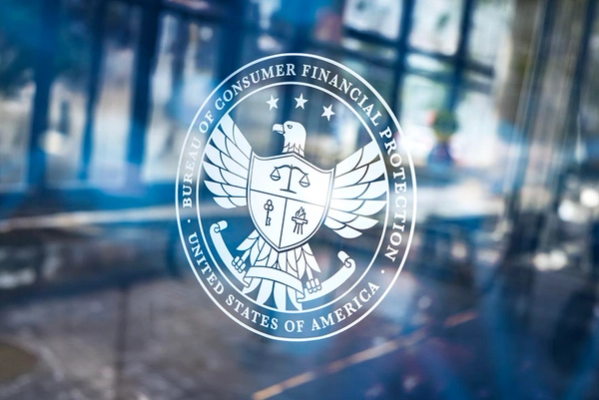October 2024

The use of AI technologies in financial institutions is increasing in areas such as marketing, process automation, and back-office functions. The EU AI Act introduces new regulations for AI-related risks in financial services, including strict requirements for high-risk AI systems used in credit assessments and life and health insurance evaluations. Financial institutions must observe transparency rules for all AI systems and comply with new AI-specific requirements for high-risk use cases. The Act allows for exclusion from high-risk status under certain conditions, and financial institutions must properly determine their role under the Act to comply with obligations. Some obligations can be integrated into existing legal frameworks for financial services. Proper preparation is important for compliance with the complex dimensions of AI governance in finance.
June 2024

The adoption of artificial intelligence (AI) in financial services, particularly in syndicated lending, can offer benefits such as reducing costs, improving documentation production and completion, and improving risk management. However, lenders and other market participants adopting AI must consider the regulatory landscape across different jurisdictions, which can vary in their approaches to regulating AI. To operationalize the use of AI in a compliant manner, institutions must develop internal guidelines encompassing AI governance policy, AI model lifecycle management policy, policy on compliant and ethical use of AI and risk identification and management policy. While concerns exist about the impact of AI on jobs, its adoption in syndicated lending can ultimately help employees focus on higher-value tasks.
November 2023

The Consumer Financial Protection Bureau (CFPB) is signaling its intentions to regulate AI in the financial sector. It released a joint statement on AI and automated systems with other federal agencies in April 2023, proposed a new rule for AI in home appraisals in June 2023, and issued a spotlight on the use of AI-driven chatbots in banking in the same month. On 19 September 2023, the CFPB published Circular 2023-03, clarifying adverse action notices provided by creditors, which must be specific and accurate. The financial services sector must ensure steps are taken to manage the risks of AI.
September 2023

The Financial Conduct Authority (FCA) is responsible for regulating over 50,000 financial services firms and markets in the UK, with a focus on promoting competition between providers and protecting customer interests. With the increasing adoption of AI and machine learning within the financial services sector, the FCA has collaborated with the Bank of England on initiatives to understand how AI is being used and how regulation can promote safe and responsible adoption. Key actions taken by the FCA include launching the Artificial Intelligence Public-Private Forum, publishing a discussion paper on safe and responsible AI adoption, and providing speeches on AI regulation and risk management. The FCA is currently taking a light-touch approach but emphasises the importance of algorithm auditing, governance frameworks, and risk management to promote safe adoption of AI.